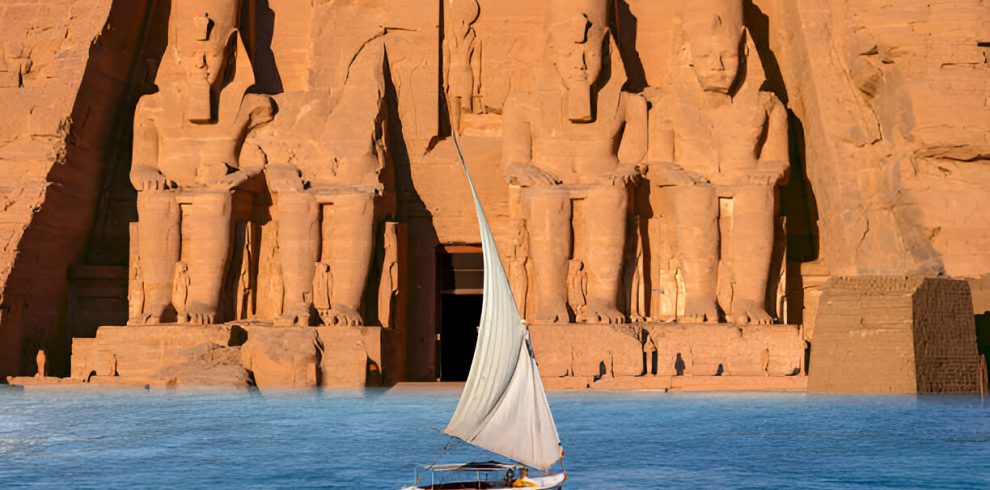- 3
- 2
- 19
- 3
- 1
- 3
Historical Significance
Cairo, the capital of Egypt, is one of the oldest and most historically significant cities in the world. Founded in the 10th century as “Al-Qahira,” meaning “The Victorious,” it quickly became a center of culture, politics, and trade in the Islamic world. The city has witnessed the rise and fall of numerous dynasties, including the Fatimids, Mamluks, and Ottomans, each leaving a lasting impact on its architecture and culture.
About Cairo
Located along the banks of the Nile River, Cairo is the largest city in the Arab world and serves as a hub for commerce, education, and tourism. The city boasts a rich tapestry of historical sites, including the iconic Pyramids of Giza, the Sphinx, and the Egyptian Museum, which houses a vast collection of ancient artifacts. Cairo’s diverse neighborhoods offer a blend of modernity and tradition, where bustling markets coexist with ancient mosques and churches.
Cultural Diversity
Cairo is a melting pot of cultures, reflecting its long history as a crossroads of civilization. The population is predominantly Arab, with significant Christian and other minority communities contributing to the city’s rich cultural fabric. Cairo is known for its vibrant arts scene, delicious cuisine, and lively street life, making it a captivating destination for visitors.
Tourism and Tours
As a major tourist destination, Cairo offers a wealth of activities for travelers. Visitors can explore the historic Islamic Cairo, a UNESCO World Heritage site, with its stunning mosques, narrow streets, and lively souks. A visit to the Giza Plateau to see the Great Pyramids and the Sphinx is a must, as is exploring the ancient treasures in the Egyptian Museum. Additionally, the city boasts a thriving culinary scene, where visitors can savor traditional dishes such as koshari, falafel, and baklava.
With its rich history, vibrant culture, and stunning landmarks, Cairo remains an essential destination for those seeking to experience the heart of Egypt.

